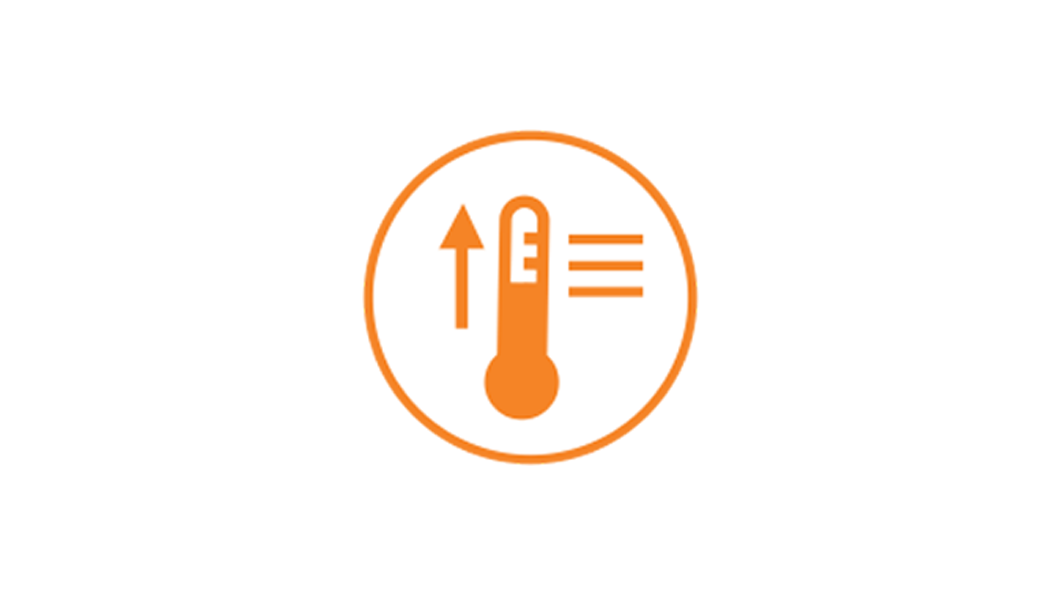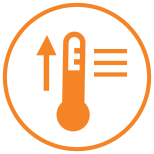
Originally published in the fall 2018 issue of Today’s Kids in Motion.
By Ashleigh Townley, Rebecca Perlin and Joanne Downing
Mealtime can be a great time to spend together a family, socialize and even relax! It can also be a time of concern – especially for parents of children with disabilities. For example, you may find yourself wondering if it’s safe to feed your child by mouth?
This is a valid question! You may have discussed your concerns with your child’s medical team and they may have told you about aspiration.
So what is aspiration?
Aspiration is when food, liquid, saliva or vomit go down the wrong pipe. Instead of heading into the stomach, where they are supposed to go, into the breathing tube and end up in the lungs.
This can cause medical issues. For parents of children with physical or developmental disabilities, it can become an everyday concern because of long term changes to the lungs. Left untreated, aspiration can lead to lung damage which could make it harder for your child to breathe or recover from illnesses. For example, it can result in bacteria in the lungs which can lead to pneumonia. If aspiration is caught early, with proper management, you can help to reduce the risk to your child’s lungs.
How do I know if my child is aspirating?
Signs your child is aspirating can include:
 | Fevers without other signs of sickness |
 | Coughing, choking or wet sounds during or after eating |
 | Chest infections like pneumonia or bronchitis |
 | Breathing problems that look like asthma (e.g. wheezing) and may be treated with puffers |
But my child doesn’t cough or choke when they are eating and drinking!
For typically developing children and adults, our bodies tell us right away when something has gone down the wrong pipe; we cough, hack and sputter to get it out. But in some cases, a child doesn’t cough or show any signs of distress when they are aspirating (not swallowing safely). This is called silent aspiration. This is not good because there are no warning signs to tell parents that they need to seek help.
What can I do if I think my child is at risk of aspiration?
First and foremost, if you’re concerned that your child might be at risk of aspiration, speak to your child’s health care provider about next steps. This could be your speech language pathologist, occupational therapist, doctor or dietitian. They may recommend a referral for an assessment in your community or to a specialized feeding and swallowing team.
Prevention is key to reduce the risk and effects of aspiration. Every child is different, and strategies should be tailored to your child’s specific needs in partnership with your clinician.
Your child’s medical team may recommend:
|
|
|
|
|
|
|
|
For information on Holland Bloorview’s feeding and swallowing services, visit: www.hollandbloorview.ca/feedingservice or contact 1-800-363-2440 ext. 3835
Bios:
Ashleigh Townley, Knowledge Broker,Evidence to Care, Holland Bloorview Kids Rehabilitation Hospital
Ashleigh is passionate about community-based health, social innovation, engagement and person-centered care. As a Knowledge Broker with Evidence to Care (EtC) at Holland Bloorview Kids Rehabilitation Hospital in Toronto, she promotes and implements the best available research evidence to inform care in childhood disability.
Rebecca Perlin, M.Cl.SC SLP(C) reg. CASLPO, Holland Bloorview Kids Rehabilitation Hospital
Rebecca is a speech-language pathologist at Holland Bloorview Kids Rehabilitation Hospital. She works with clients and families as part of the Feeding and Swallowing Clinic, the Cleft Lip and Palate Craniofacial Program, the Neuromuscular Team and Spina Bifida/Spinal Cord Team.
Joanne Downing, Family Leader, Holland Bloorview Kids Rehabilitation Hospital
Joanne is the mother of three children; Katherine 20, Matthew 18 and Andrew 17. She stopped working when my daughter was born and has found an exciting and enriching pathway as a volunteer within my community and Family Leader at Holland Bloorview. As a former client of the Feeding and Swallowing Clinic, Joanne has firsthand experience with aspiration and welcomed the opportunity to contribute to education for families on the risks and preventative care.